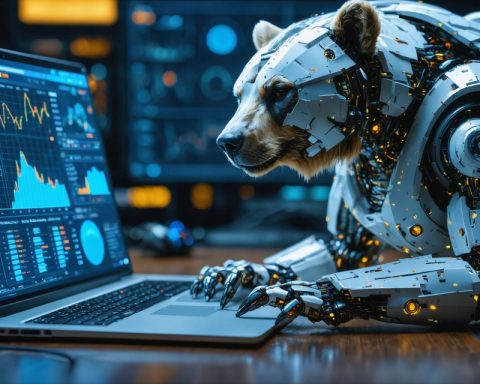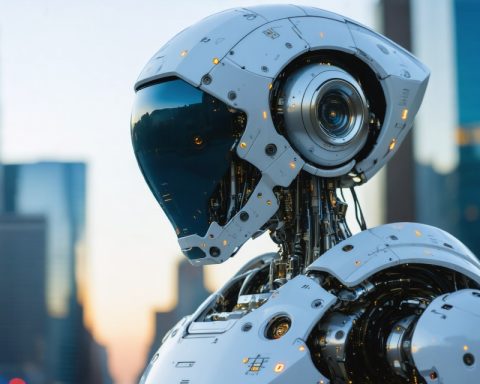The term “artificial intelligence” (AI) often conjures images of revolutionary technology and sweeping advancements. However, some experts warn that we may be in the midst of an AI bubble, reminiscent of the dot-com bubble of the late 1990s. As companies rush to integrate AI into their products and services, venture capital investments have soared, with 2021 alone seeing over $90 billion pumped into AI startups worldwide. But is this rapid expansion sustainable, or are we headed for a market correction?
Bubbles occur when market speculation inflates the value of assets beyond their intrinsic worth. In the case of AI, numerous startups boast AI capabilities without substantive results. This overvaluation can lead to disappointment when technologies fail to meet expectations, potentially resulting in a market collapse. The AI industry is not immune to hype; instances have been reported where firms deceptively market their products as AI-driven when they are not.
However, it’s important to note that AI is already delivering significant advancements in fields such as healthcare, autonomous vehicles, and natural language processing. The challenge lies in discerning genuine growth from exaggerated claims.
Still, the lessons from history urge caution. Investors, companies, and developers must focus on sustainable growth and tangible outcomes to avoid the fallout of a popped bubble. In the end, the success of the AI revolution may depend less on speculation and more on authentic innovation.
Are We Headed for an AI Reality Check? The Impact Beyond the Hype
While the narrative of an AI bubble looms large, its implications extend beyond financial markets, potentially reshaping multiple facets of human life and societal structures. AI skeptics warn of the technology’s overvaluation, but the ripple effects on education, privacy, and employment may pose even more profound challenges.
Educational Paradigms Could Shift: As AI technologies integrate into learning environments, from personalized learning platforms to AI-driven classroom aids, they are redefining traditional education. But is the learning quality truly enhancing, or are schools merely jumping on the AI bandwagon? The promise of AI in education lies in tailored learning, yet the possibility of widening the digital divide cannot be overlooked if access remains a privilege.
Privacy Concerns Loom Large: As AI becomes ubiquitous, the question of privacy and data security becomes critical. Massive amounts of personal data are required to train and operate AI systems, underscoring an ethical dilemma—who owns the data, and how securely is it being handled? The European Union’s GDPD framework sets a precedent, but can global standards catch up?
Jobs at a Crossroads: AI-driven automation sparks debates over job displacement. While it’s true AI may eliminate certain repetitive or hazardous jobs, it conversely creates demand in AI-related fields. Will societies adapt swiftly enough to retrain their workforces, or will they face socioeconomic divides?
Sceptics and advocates alike must ask: How can communities leverage AI while guarding against its potential pitfalls? Genuine innovation requires transparency, education, and robust regulatory frameworks, which are essential for navigating the future of AI responsibly. For more insights, visit Euro News and BCC News.








